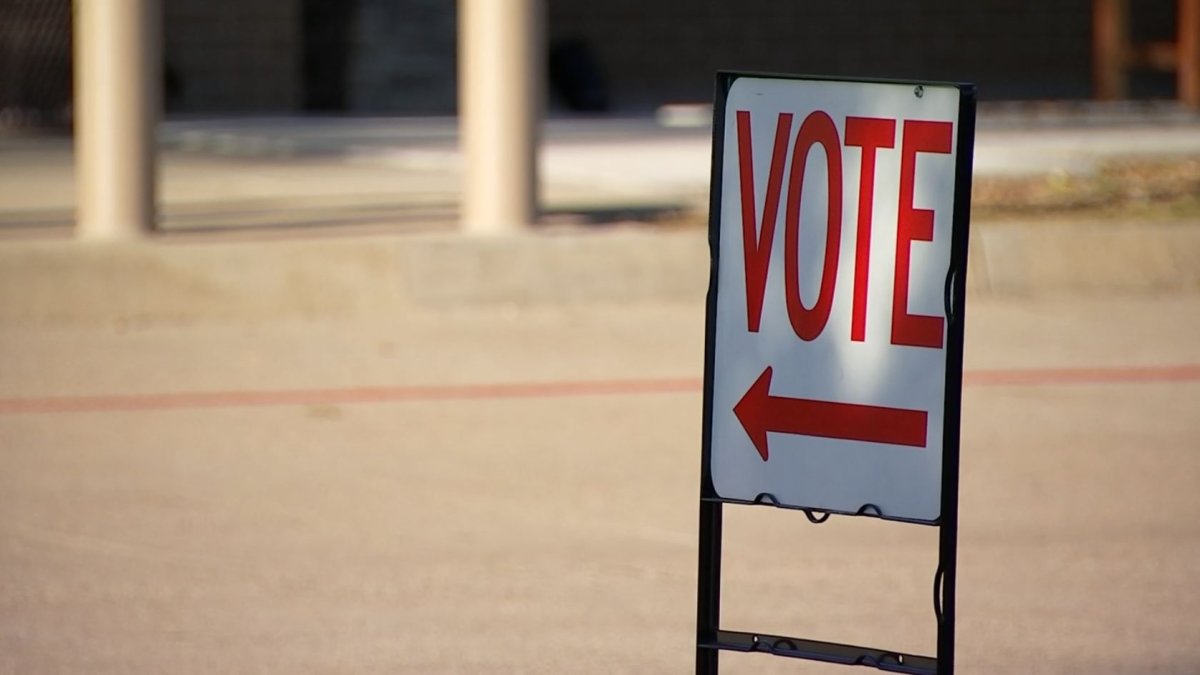Fort Lauderdale voters face a pivotal decision as they head to the polls to elect their next mayor.
Trantalis Seeks a Final Term Amid Criticism
Current Mayor Dean Trantalis, who has held office for seven years, seeks a final four-year term to build on his administration’s efforts to revitalize infrastructure and manage growth.

“The things that we have done over the last seven years, I wish we could have done faster,” Trantalis remarked. Reflecting on his tenure, he pointed out that a cultural shift in city administration was essential when he first took office, including halting the diversion of funds from essential resources. “We had to stop robbing the water and sewer funds and start investing in our communities,” he said. Despite these strides, Trantalis faces criticism from challengers who claim that many of the city’s persistent issues, like flooding and homelessness, remain unresolved, impacting numerous Fort Lauderdale residents, especially those in underserved western neighborhoods.
Neglected Neighborhoods Demand Attention
Challenger Barbra Stern has drawn attention to the disparities in city services, emphasizing that the eastern communities, downtown area, and beach districts receive more attention than neighborhoods further west. “We have to pay attention to the entire city,” Stern argued. Citing flooding as a long-standing issue, she criticized the lack of infrastructure improvements in western neighborhoods. (https://buckstovepoolandspa.com) “When neighborhoods continuously flood and we say, ‘We’ll get to you,’ there are areas that have been waiting 20 years for drains,” she pointed out. Stern’s comments underscore a broader concern among voters that the city’s growing downtown may overshadow pressing needs in other areas.
Recent incidents of wastewater spills have further ignited public frustration, with residents demanding accountability for years of infrastructure neglect. Although significant repairs have been made, some candidates attribute the slow progress to years of underfunding and mismanagement by previous administrations, including Trantalis’.
Overdevelopment Concerns in Downtown
Fort Lauderdale’s rapid development has sparked a debate on what kind of growth is sustainable, with critics like candidate Kenneth Cooper expressing dissatisfaction over downtown’s high-rise expansion. “Single-family developments and moderate building is fine, but these 30-story buildings are out of control, and there is no green space,” he said, drawing comparisons to New York City’s concrete density. Complaints about congestion and strained infrastructure are common, with residents feeling that the city’s charm is overshadowed by towering buildings and urban crowding.
Candidate Jim Lewis echoed the sentiment, criticizing Fort Lauderdale’s history of deferred maintenance and prioritizing “pet projects” over fundamental services. “We just put [issues] off and fund little projects to try and make people happy, but we neglect basic services that people pay for. That has to stop,” he argued, proposing that the next mayor focus more on sustainable and balanced urban planning.

Voters Decide on Fort Lauderdale’s Future
The upcoming election will determine which candidate’s vision resonates most with the community. Whether voters seek continuity with Trantalis’ infrastructure-driven approach or desire a fresh perspective from Stern, Lewis, or Cooper, this race reflects a growing demand for leadership that tackles core issues head-on. The candidate with the majority vote on election night will be entrusted with guiding Fort Lauderdale’s path forward, balancing development with the needs of every neighborhood, and addressing the foundational challenges of infrastructure and equity in city planning.


Comments are closed, but trackbacks and pingbacks are open.